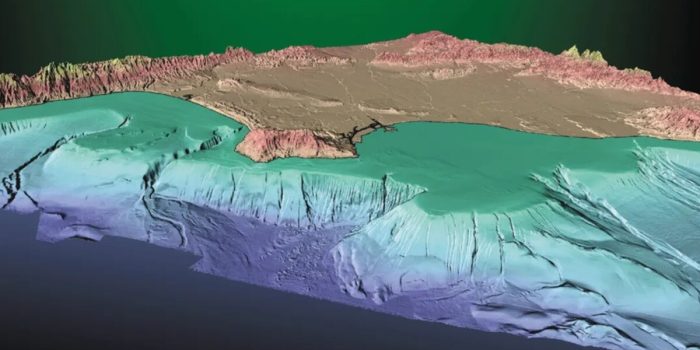In a recent move, the United States significantly expanded its territorial claims by 1 million square kilometers, roughly twice the size of Spain. This growth was not due to geological forces or invasion but rather an effort to assert control over its continental shelves – seabed areas surrounding large landmasses with relatively shallow seas, which under international law, countries can claim to manage and exploit resources.
While 75 countries have already defined their Extended Continental Shelf (ECS) limits, referring to the portion beyond 200 nautical miles from the coast, the US had not done so until December 19, 2023. The US State Department announced new geographic coordinates defining its claimed ECS area, covering seven offshore regions, including the Arctic, Atlantic, Bering Sea, Pacific, Mariana Islands, and two areas in the Gulf of Mexico, totaling 1 million square kilometers.

Since 2003, the US has collaborated with agencies like the NOAA and the US Geological Survey to gather geological data defining the outer limits of their ECS. However, the legality of this expansion remains uncertain.
The US must submit data and reports to the United Nations Convention on the Law of the Sea (UNCLOS) for the definition to be official. Yet, the US has not ratified UNCLOS due to complex political disagreements, introducing ambiguity regarding international acceptance.
Mead Treadwell, a former Alaska lieutenant governor, acknowledges the legal haziness and highlights the need for approval from the international community. He asserts the credibility of the scientific data but recognizes the potential challenge if others question its validity.

Claiming new maritime borders often sparks controversy globally. Recent geopolitical disputes involving China and its neighbors over the South China Sea exemplify the sensitivity of such claims. In the case of the US, the expansion has strategic implications, especially in the Arctic Ocean. The increased territory opens opportunities for mining, shipping, and fishing, though concerns about potential environmental damage accompany these ventures.
The expansion also holds significance for the nation’s security and global influence. As witnessed throughout history, control over seas equates to control over trade and, consequently, global wealth. The US move aligns with Sir Walter Raleigh’s centuries-old insight that commanding the sea leads to commanding the world.
While the US stands to gain economically and strategically from its territorial expansion, the lack of UNCLOS ratification introduces uncertainties about international acceptance. The situation mirrors broader geopolitical tensions where the quest for maritime dominance intertwines with legal complexities and potential international disputes.


